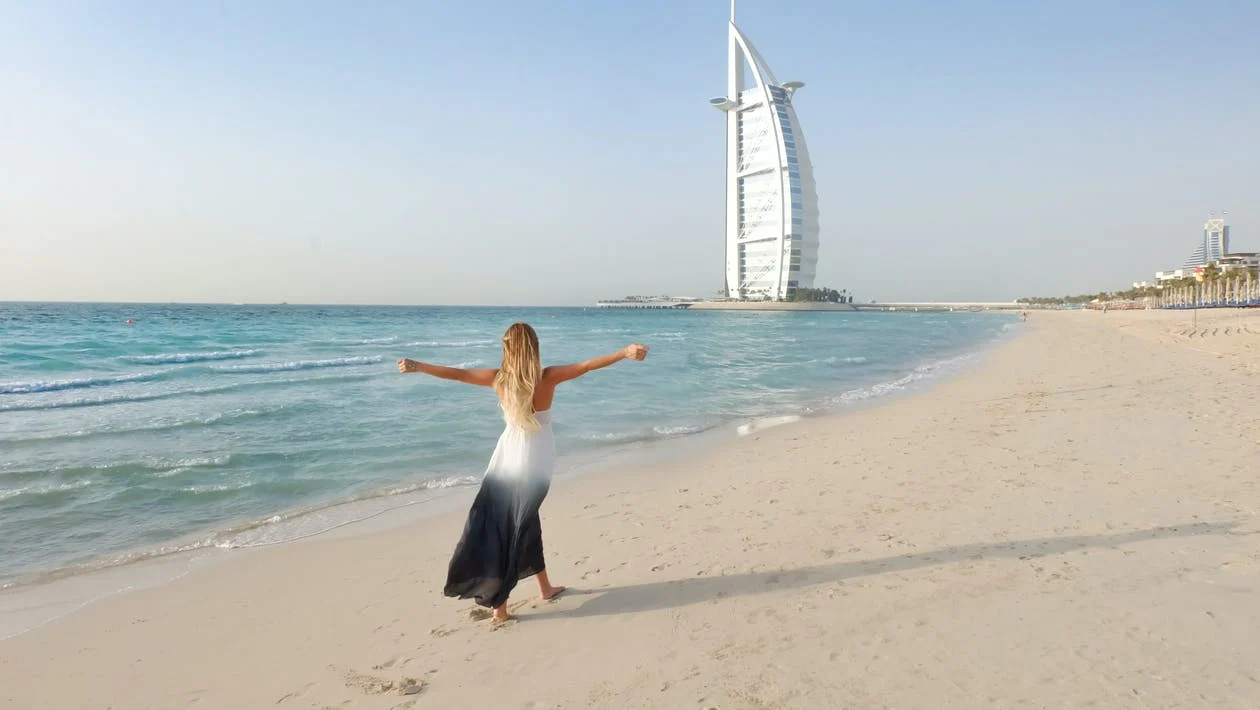If you are in the process of moving to Dubai, you are about to join a thriving, growing community of expats ready to welcome you. With an expatriate population of over 2.5 million foreigners, the city is today the most multicultural hub in the UAE, packed with exclusive job opportunities and extravagant entertainment.
But, while Dubai is one of the most tolerant Emirates towards other ways of life, adapting to the city’s lifestyle comes with its fair share of challenges. Here are some tips to make your move easier!
The Home You Choose Will Determine Your Lifestyle
Choosing where to live in Dubai is one of the biggest dilemmas you’ll face as an expat. Opting to rent an apartment, studio, or loft is a great way to be at the center of city life, while luxury villas and townhouses are a better alternative for those seeking privacy and comfort.
While it all depends on the kind of lifestyle you wish to have in Dubai, you should not underestimate the costs involved. Rental prices for 1-bedroom apartments can span between $900 and $1400 a month depending on location while living in a Villa community can set you back over $4000!
Learn The Dos and Don’ts of Life in Dubai
Dubai is a melting pot of cultures, religions, and ways of life, and you won’t struggle to adapt to all the city has to offer. But, when living here, it’s important to remember that the UAE is a Muslim country with specific rules and traditions.
Some etiquette tips to follow in Dubai include:
• Rude hand gestures and aggressive behavior can lead to arrests
• Consuming or cooking pork is considered Haram
• Both men and women should dress modestly
• Swimwear is only allowed on certain beaches and swimming tools; nudity is prohibited
• Pointing with your finger is frowned upon
• Displays of affection such as hugging and kissing are not allowed in public
You Must Have at Least EBP (Essential Benefits Plan) Health Insurance
Healthcare standards in Dubai are among the highest globally, and you won’t struggle to find internationally-accredited, English-speaking healthcare providers. However, when moving to the UAE, it is important to consider health insurance, choose your plan wisely, and make sure you are covered in the event of an emergency.
As a general rule, all residents earning below AED 4,000 per month must have an Essential Benefits Plan or EBP, which is the minimal level of health insurance cover required by Dubai law. The EBP costs AED 550-650 per year and covers emergency healthcare treatments as well as basic care.
If your monthly income is above AED 4,000, you will need to invest in a private medical insurance plan that meets the same standards as an EBP.
Understand The Legalities of Long-Term Rentals
Dubai – and the UAE as a whole – is known for its slow and complex bureaucracy. When looking to rent accommodation on a long-term basis, you will first need to obtain a valid residence visa, a bank account, and a letter from your employer.
Needless to say, the process can take time – and you should consider arranging a short-term rental to stay at while waiting for the necessary paperwork to be processed.
Pro tip: it is common for landlords to charge tenants 1-4 cheques at the start of the year and 2-4 cheques at the end. Make sure you have enough funds in your bank account at these times – a bounced cheque can be considered a criminal offense and can lead to hefty fines and time in jail!
You’ll Need a Personal Alcohol License to Buy or Drink Alcohol
While Dubai is one of the most liberal cities in the UAE, alcohol use is still strictly regulated.
Here is something to keep in mind:
• Both residents and visitors in Dubai will require a personal Alcohol License (which is granted to non-muslims over the age of 21) to buy, consume, transport, and store alcohol.
• The legal age for drinking in Dubai is 21
• Offensive or obnoxious behavior can lead to time in jail
• DUI isn’t tolerated
Learning a Few Words and Phrases Can Go a Long Way
The best way to make the most of your time in Dubai is to dive into the local life, make connections, and interact with the locals. While English is widely spoken across the city, learning some of the most commonly used words and phrases in Arabic is a surefire way to impress your new acquaintances!




